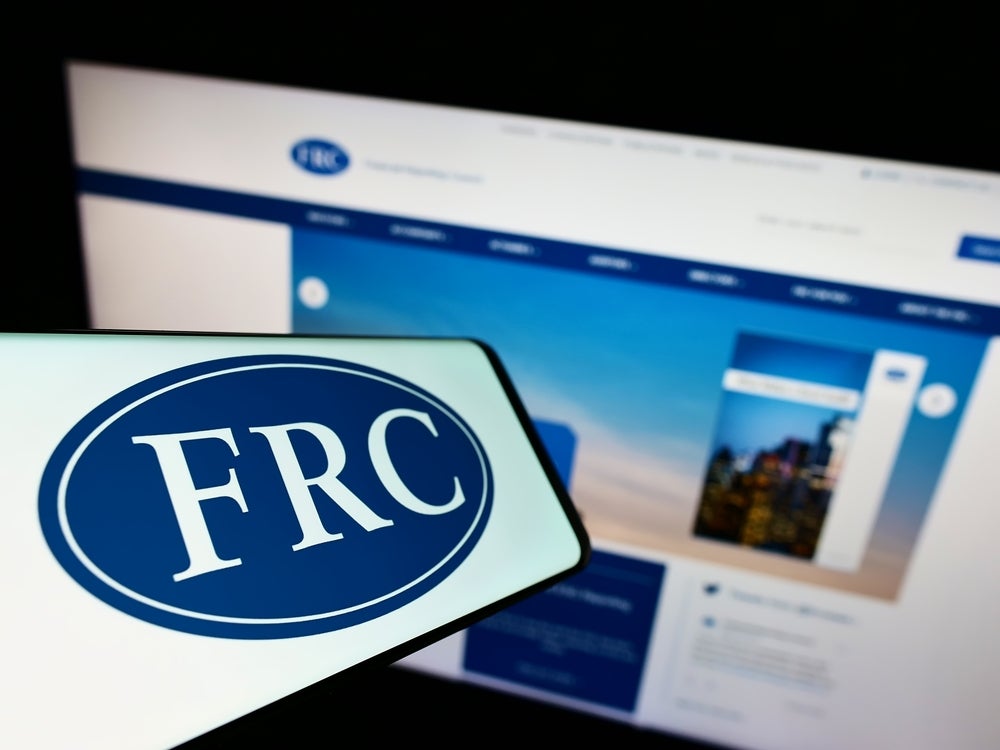The UK public services construction company Carillion has collapsed following financial losses where external auditors KPMG and internal auditors Deloitte were unable to tackle the decline and overestimation of revenues.
The company had been declining since 2016 and quality of service deteriorated after substantial cost-cutting to address their increasing debts of £1.5bn (USA $2.08bn), including a £587m pension deficit. Last year, Carillion issued three profit warnings in five months after admitting it had overestimated its revenues, cash and assets. The company wrote off £845m in value, and construction contracts were either unprofitable or not coming in. Despite discussions, no deal was reached between Carillion, its lenders and the government and PwC is managing the liquidation, supporting the Official Receiver.
Chartered Institute of Internal Auditors (IIA) chief executive Ian Peters said: “A collapse of this size and significance calls for intense scrutiny into all systems and processes, including the role and remit of internal audit. It raises the important question of whether internal audit had sufficient status and influence to question the basis (information and evidence) on which key strategic decisions were taken.”
However, Peters added that the IIA could not comment specifically on Deloitte as any issues flagged are not publicly available.
KPMG has faced increasing pressure since the collapse, as they had audited Carillion since 1999, earning £29.4m in fees. KPMG had approved both the half year strategic review ended June 2017 and the financial statements for the year ended December 2016, even though there were evident financial troubles regardless of the £5.2m turnover. This has raised criticism as KPMG also approved a viability statement saying that the company was strong enough to survive for a minimum of three years.
Professor of practice in international political economy at City, University of London Richard Murphy said: “There was misreporting by Carillion. Why didn’t the Financial Reporting Council act sooner, quicker, and more directly? How come the auditors managed to satisfy themselves for several years that sensitive issues, such as turnover and the value of goodwill, were fairly stated? KPMG are on the line, again.”
How well do you really know your competitors?
Access the most comprehensive Company Profiles on the market, powered by GlobalData. Save hours of research. Gain competitive edge.

Thank you!
Your download email will arrive shortly
Not ready to buy yet? Download a free sample
We are confident about the unique quality of our Company Profiles. However, we want you to make the most beneficial decision for your business, so we offer a free sample that you can download by submitting the below form
By GlobalDataThe annual report had described KPMG’s work as “high quality and very effective” and the audit committee found judgements on revenue and margin recognition had been reasonable. A KPMG spokesperson said to the Telegraph that the Carillion audits had been conducted “appropriately and responsibly”, and its accountants had been involved in uncovering the shortfalls in company finances last summer. In order to help assess cost cutting and reductions in the half year report, EY were brought in as strategic advisors.
The UK Financial Reporting Council (FRC) chairman Win Bischoff stated that they have been monitoring the situation “for some time”. He said that the FRC has the “powers to investigate the circumstances relating to the audit of Carillion as well as the actions of the relevant accounting professionals”. This informal investigation into potential audit failures adds to the KPMG audits currently being scrutinised by the FRC, such as Rolls Royce.
However, the FRC has also attracted criticism for being “slow and toothless”, mostly due to the decade-long investigation into KPMG audits of HBOS concluding without sanction. The Carillion collapse has fuelled calls from investors to scrap the FRC for a more independent watchdog. MPs on the Treasury Select Committee complained that the FRC is only investigating due to political pressure.
An FRC investigation would run alongside an ongoing probe by stock market regulators at the Financial Conduct Authority (FCA), which will focus on the timeliness and content of the profit warnings given by Carillion.
Carillion had most of its business in the UK but also operated in Canada, the Middle East and the Caribbean, with 43,000 staff globally.





